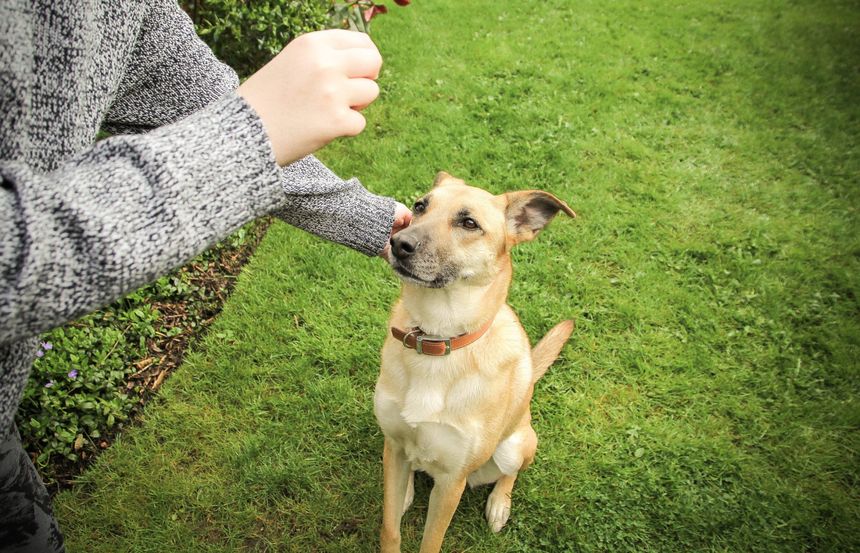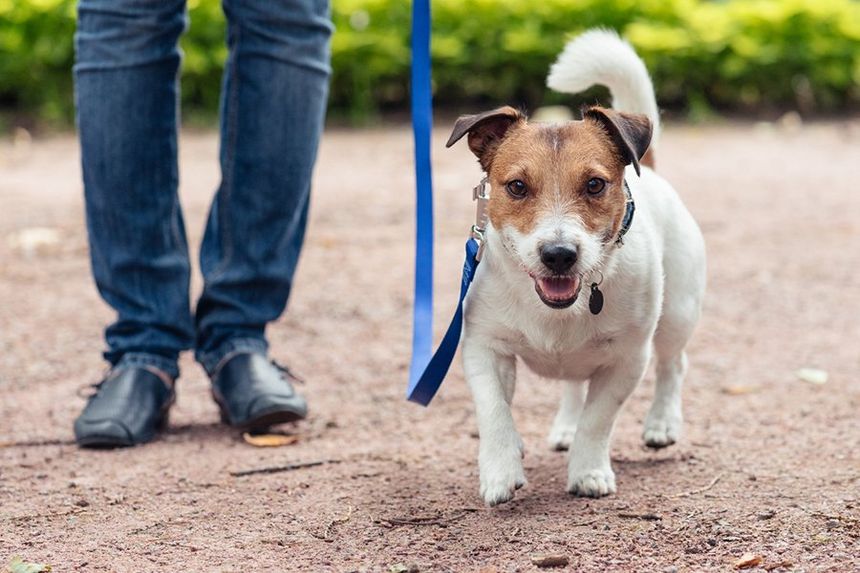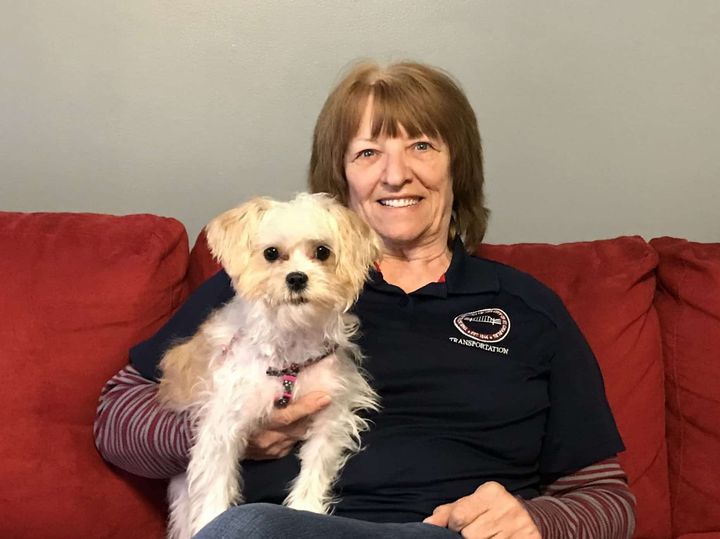Positive Reinforcement for your Dogs
VOTED #1 DOG TRAINER
IN ST. CHARLES COUNTY
At Positive Paws Pet Training, we promote a healthy relationship between you and your dog. By establishing clear expectations with your dog, communications becomes more successful. Since every family and dog is unique, we discuss personal goals and identify the best suited training program to obtain your objectives. All of our training we provide is in home, customized programs since this is typically where the challenging behaviors occur. We encourage all family members to participate in the training process to learn and enjoy the most productive training methods for their dog.


The Benefits of Private Lessons
We believe that every dog and family is unique. Therefore, private lessons allow us to custom tailor a program which creates more successful results. Instead of following a standard format, we concentrate on in home dog training which includes your specific goals. Also, training occurs more quickly since your dog is our star pupil!
What We Offer
At Positive Paws, we have a wide variety of programs to choose from. Some of them include:
- Puppy
- Basic
- Intermediate
- Advanced
Areas Served
Locations We Service:
We offer dog training services for St. Charles, St. Louis and a 30 mile radius of St. Charles, MO with the listed program fees. Travel fee for areas over 30 miles to 45 miles is a flat rate of $50.00 per program. Other locations by special arrangements.

Any Other Questions?
We know that finding the right dog trainer is an incredibly important decision for you and your furry loved one. We’d love to help you discover if we’re the right fit. Please ask us any questions you might have. We’d love to hear from you!
942 Weatherstone Drive, Saint Charles, MO, USA
- Mon - Fri
- -
- Sat - Sun
- -


